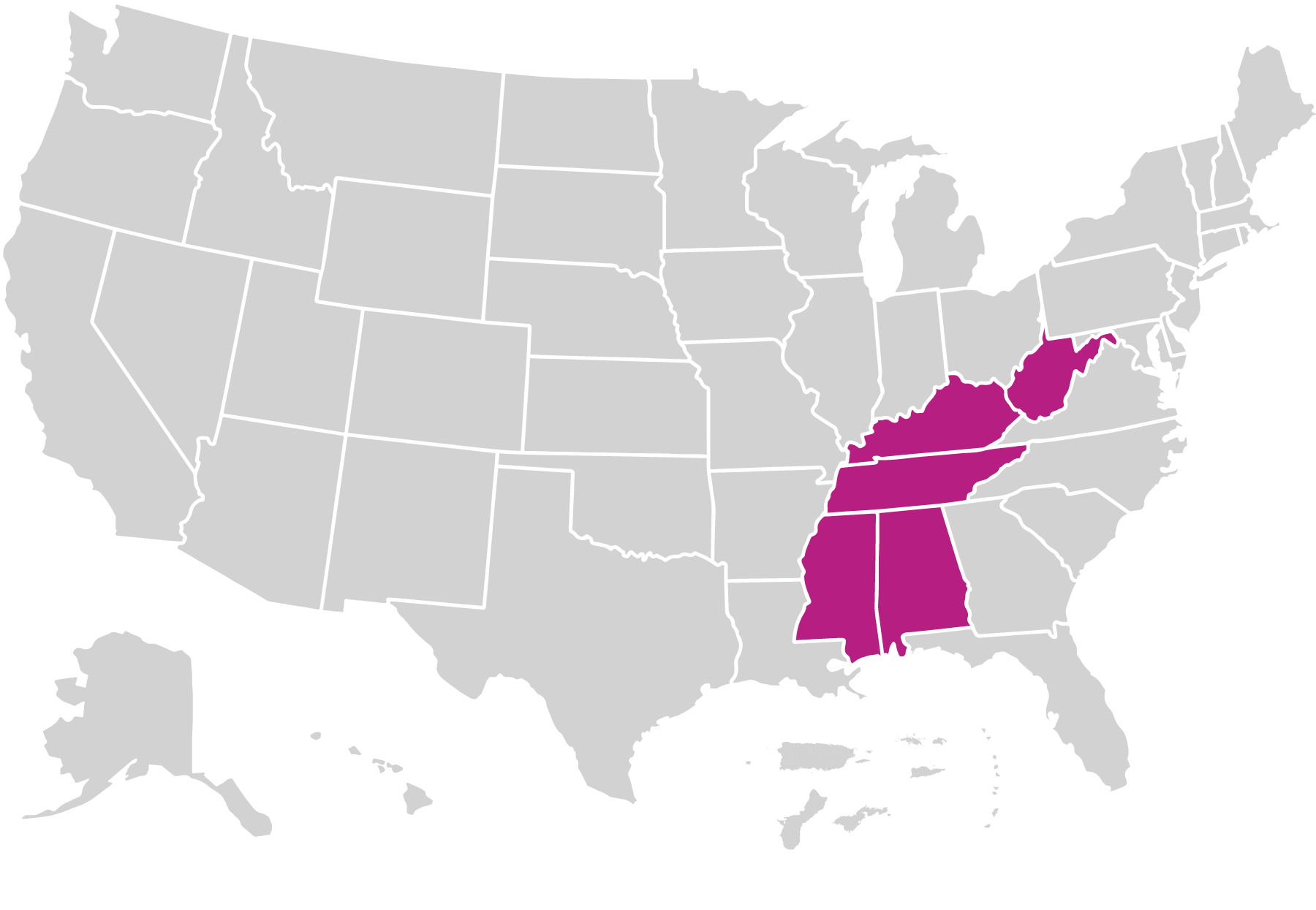Maternal Infant Health Outreach Worker Program
Maternal Infant Health Outreach Worker Program (MIHOW)’s primary goal is to improve maternal and child health outcomes through a strength-based approach to home visiting. MIHOW trains peer mentors to support women during pregnancy to become physically, mentally, and emotionally healthy for their baby’s arrival. Once the baby is born, MIHOW focuses on promoting positive parent-child interactions and establishing a safe, stable, nurturing environment.
What is the model’s approach to providing home visiting services?
Home visits take place once per month. Services are provided until the child is 3 years old. MIHOW requires at least 80 percent of families served to initiate services prenatally.
MIHOW’s service population includes the following:
- Expectant caregivers
- First-time caregivers
- Caregivers under 21 years old
- Caregivers who are unmarried or single
- Caregivers with limited access to education
- Families with low incomes
- Caregivers experiencing physical/social isolation or limited support system
- Families experiencing language barriers
Who is implementing the model?
Home Visitors
MIHOW was implemented by 31 home visitors in 2020. The model recommends a high school diploma or GED and experience in the community for home visitors. The maximum caseload requirement for home visitors is 40 families.
Supervisors
MIHOW was implemented by 14 supervisors in 2020. The model recommends a bachelor’s degree for supervisors.
Where is the model implemented?
MIHOW operated in 8 local agencies across 5 states in 2020.

Families Served Through Home Visiting in 2020
Race
0% American Indian/Alaska Native
0% Asian
33% Black
0% Native Hawaiian/Pacific Islander
67% White
0% Multiple
Caregiver age
17% ≤21 years
42% 22-29 years
40% 30-44 years
<1% ≥45 years
Caregiver education
38% No HS diploma
38% HS diploma or GED
17% Some college or training
8% Bachelor's degree or higher
Ethnicity
46% Hispanic or Latino
54% Not Hispanic or Latino
Household income
95% Low-income status
5% Not low-income status
Primary language
46% English
54% Spanish
0% Another language
Child insurance status
100% Public
0% Private
0% None
Child age
80% <1 year
19% 1-2 years
1% 3-5 years
